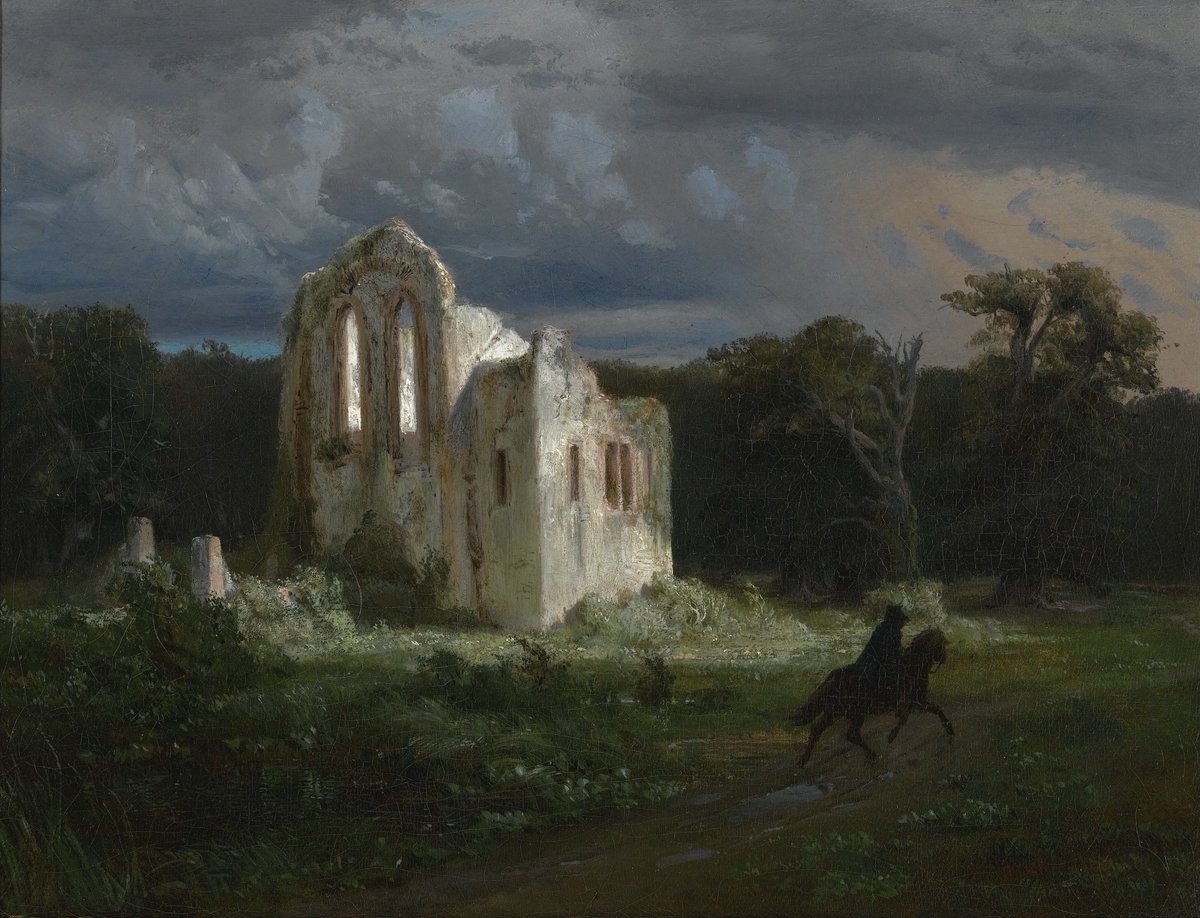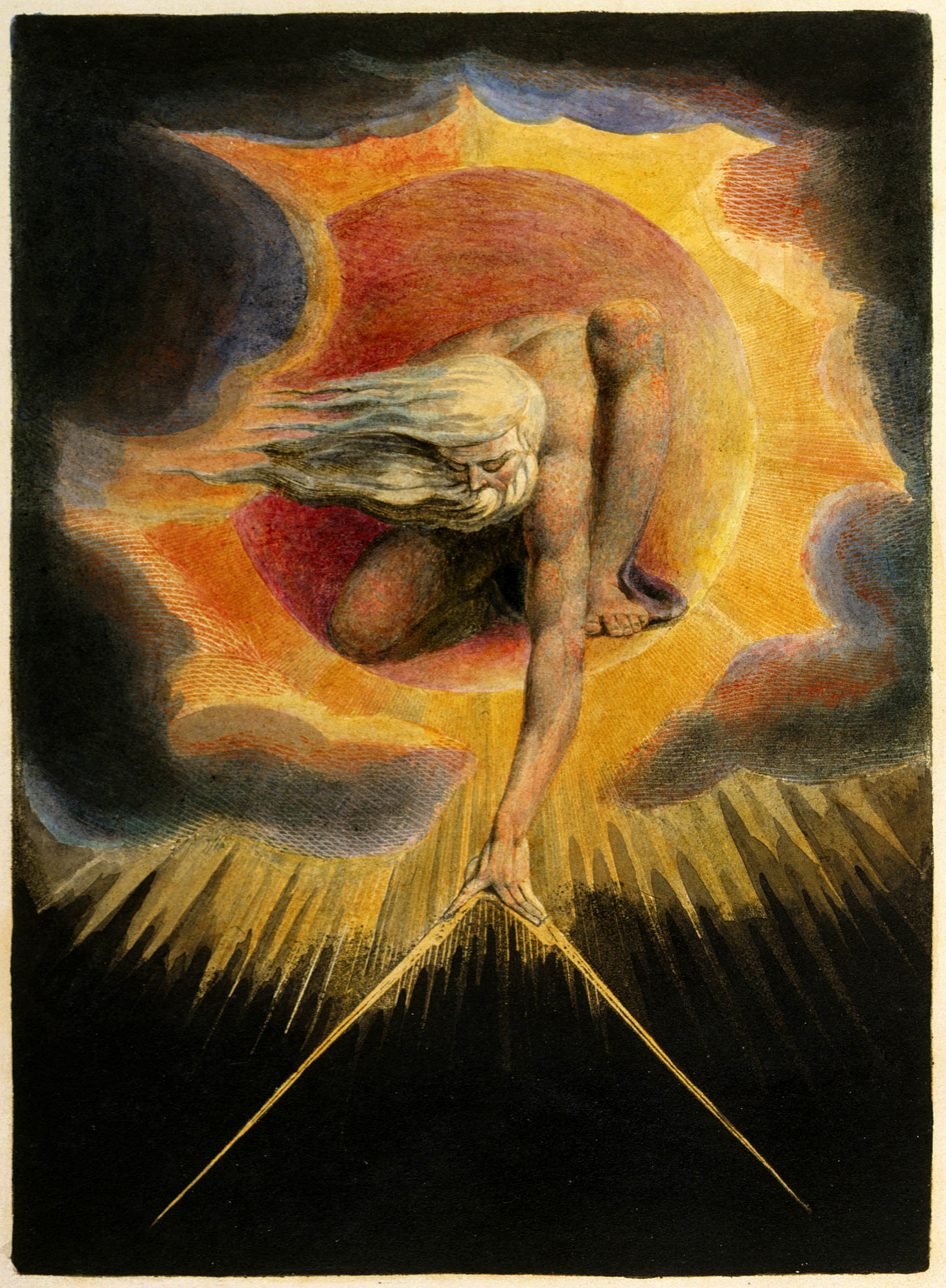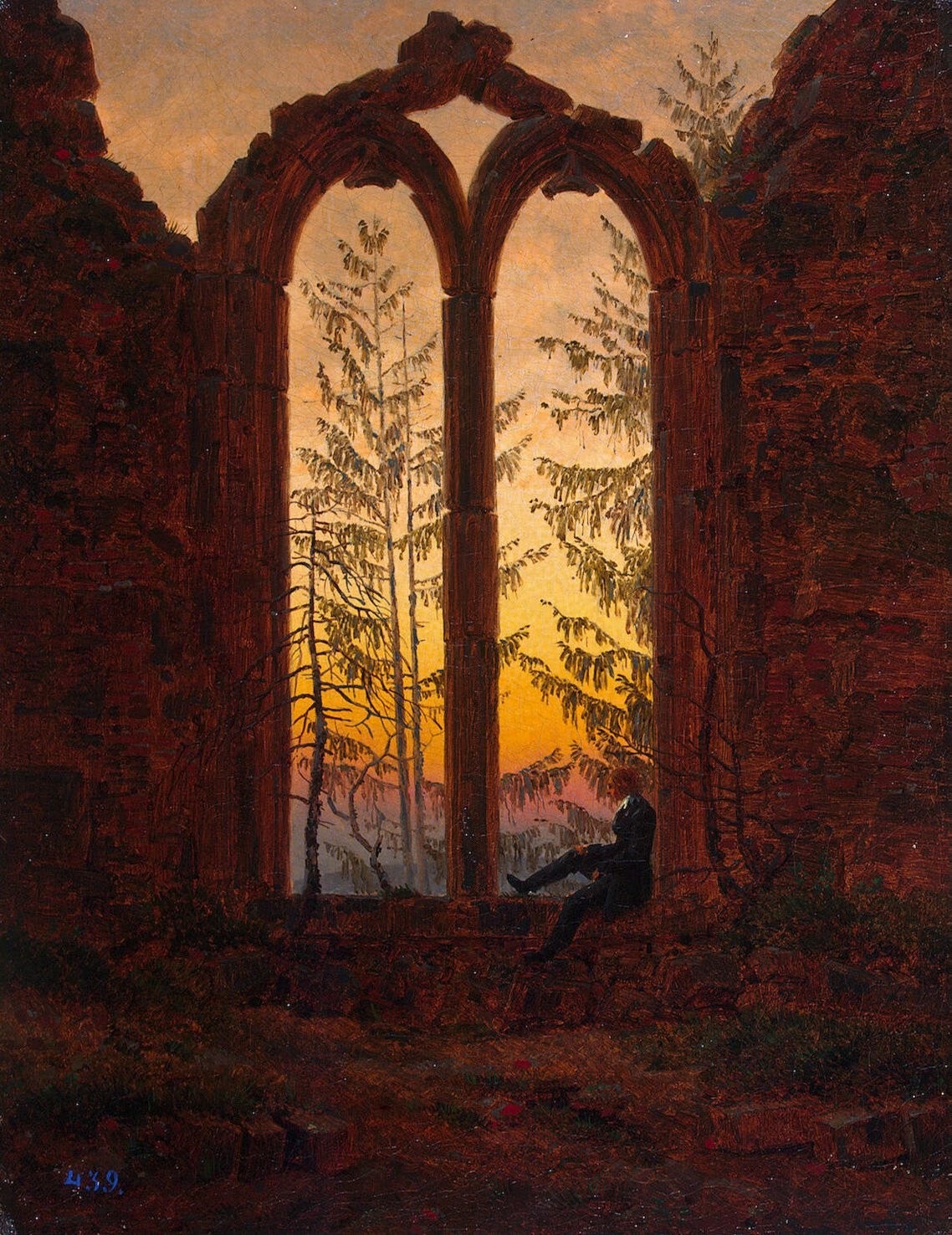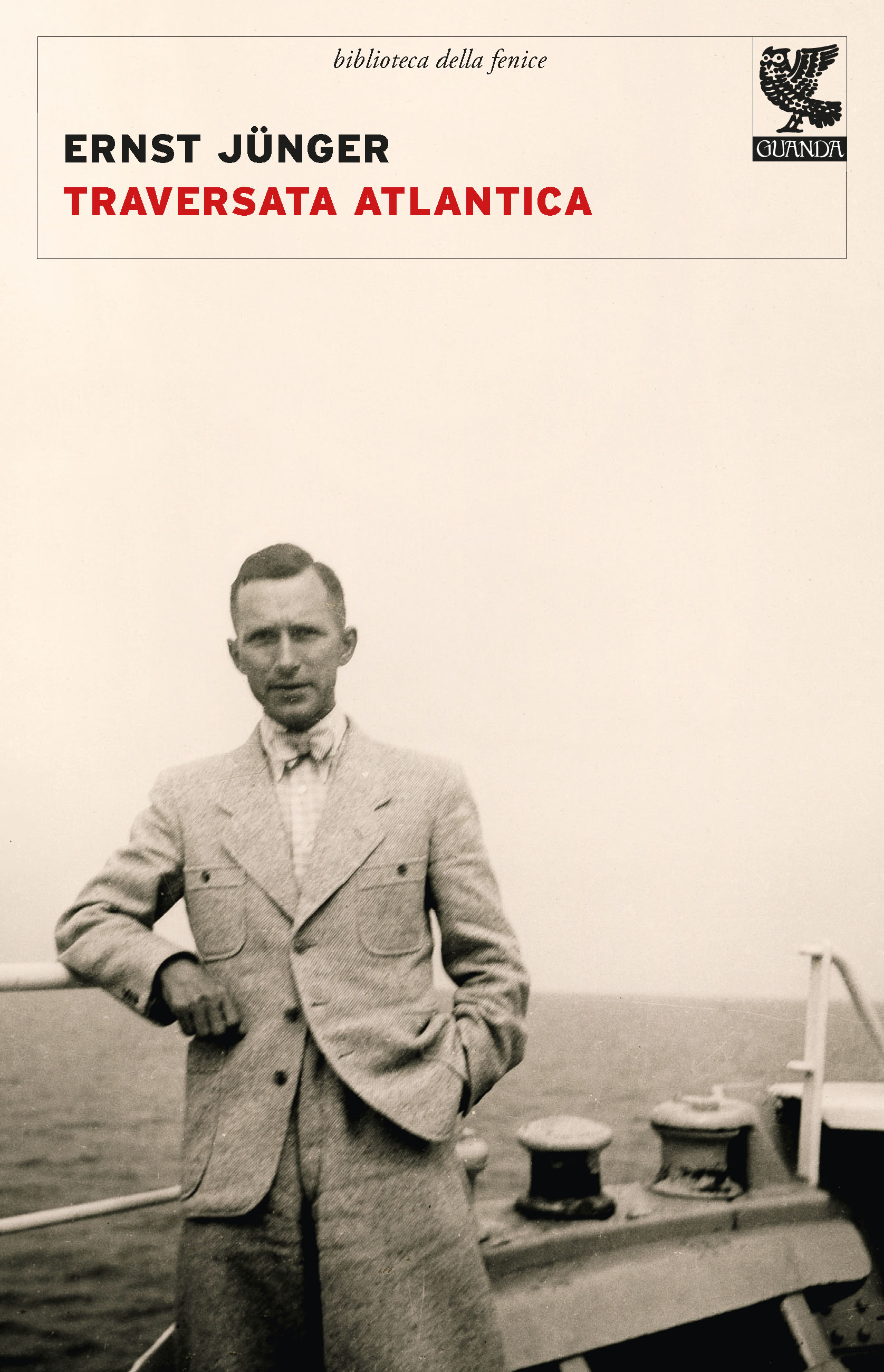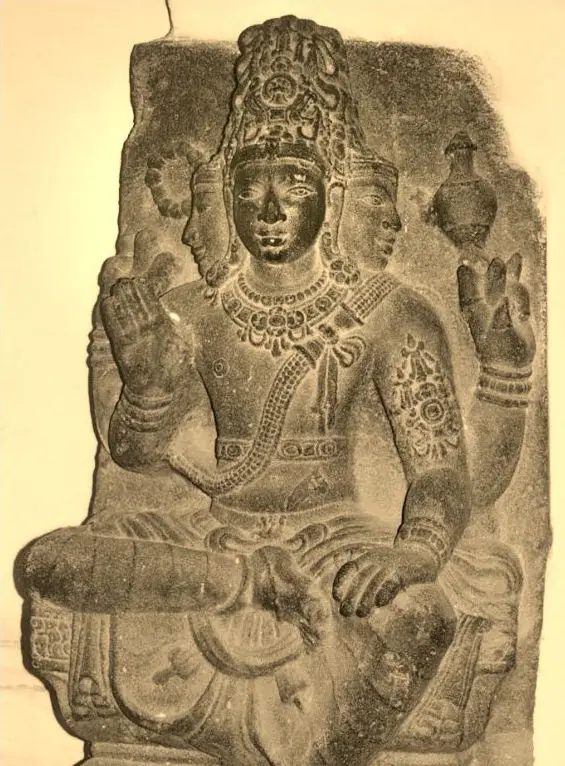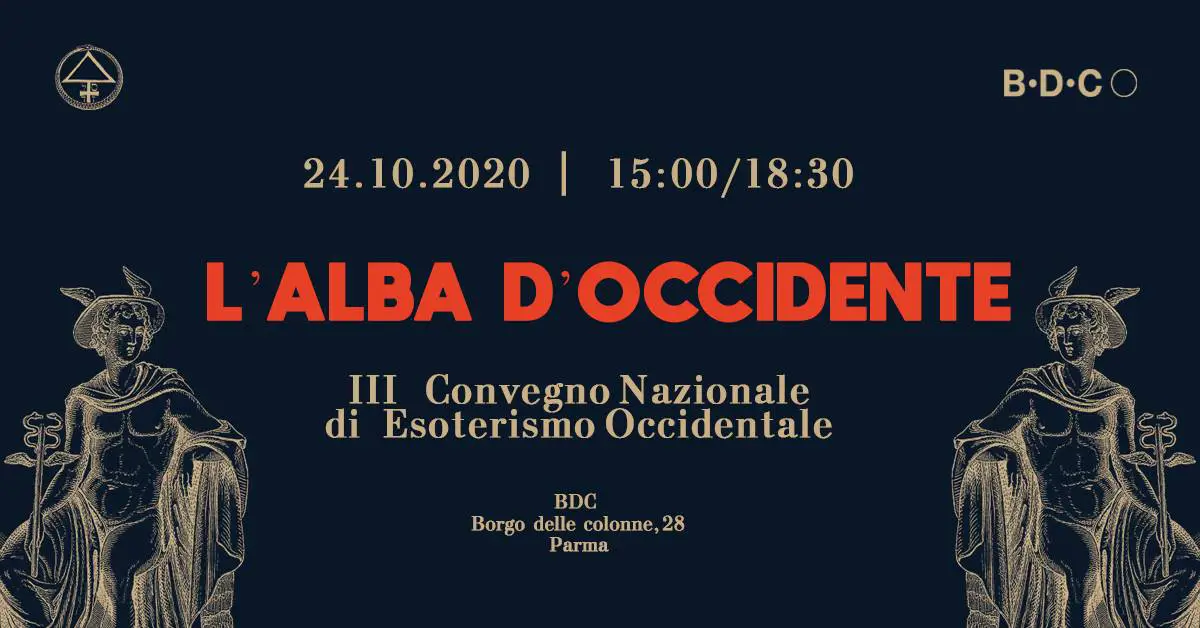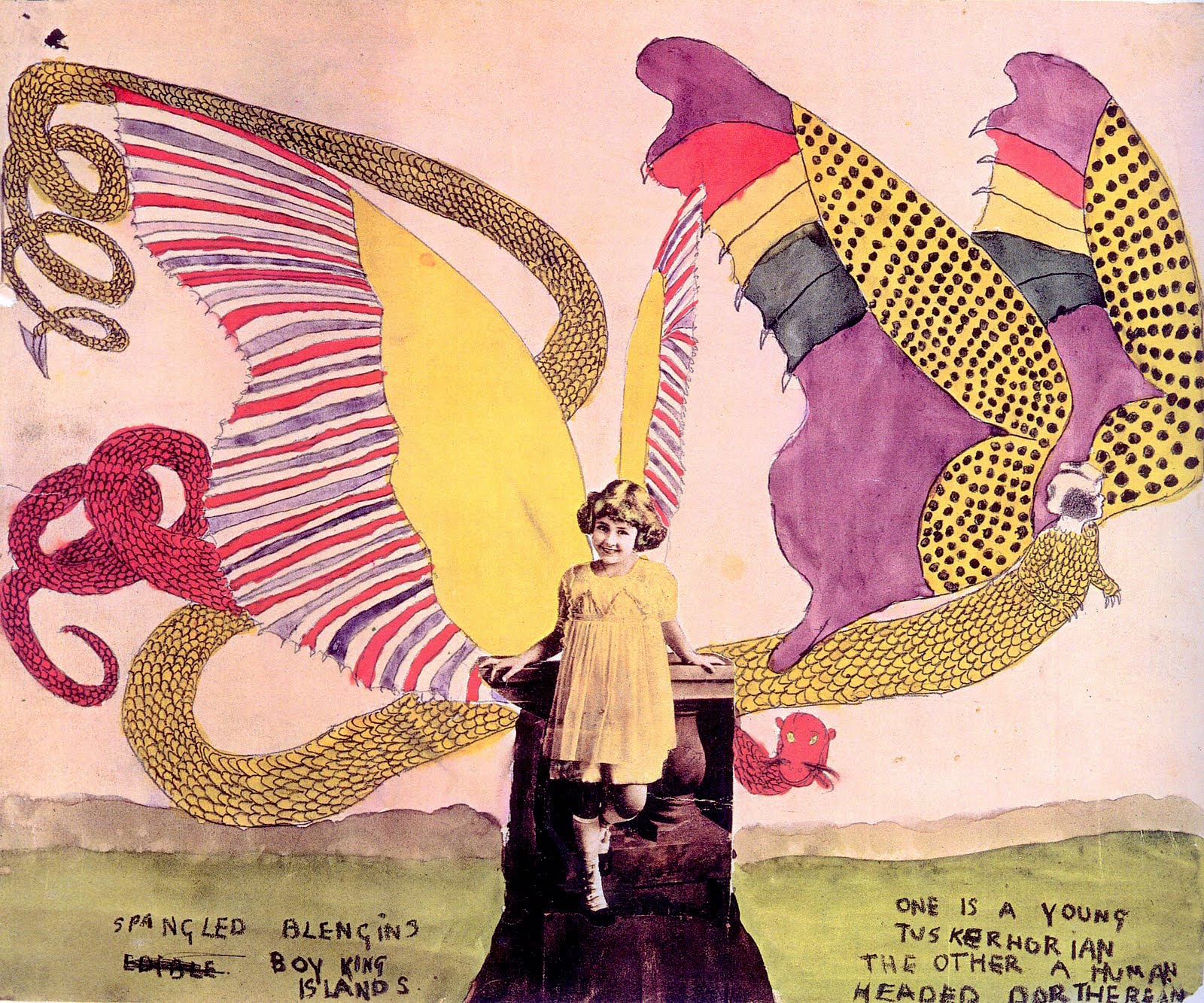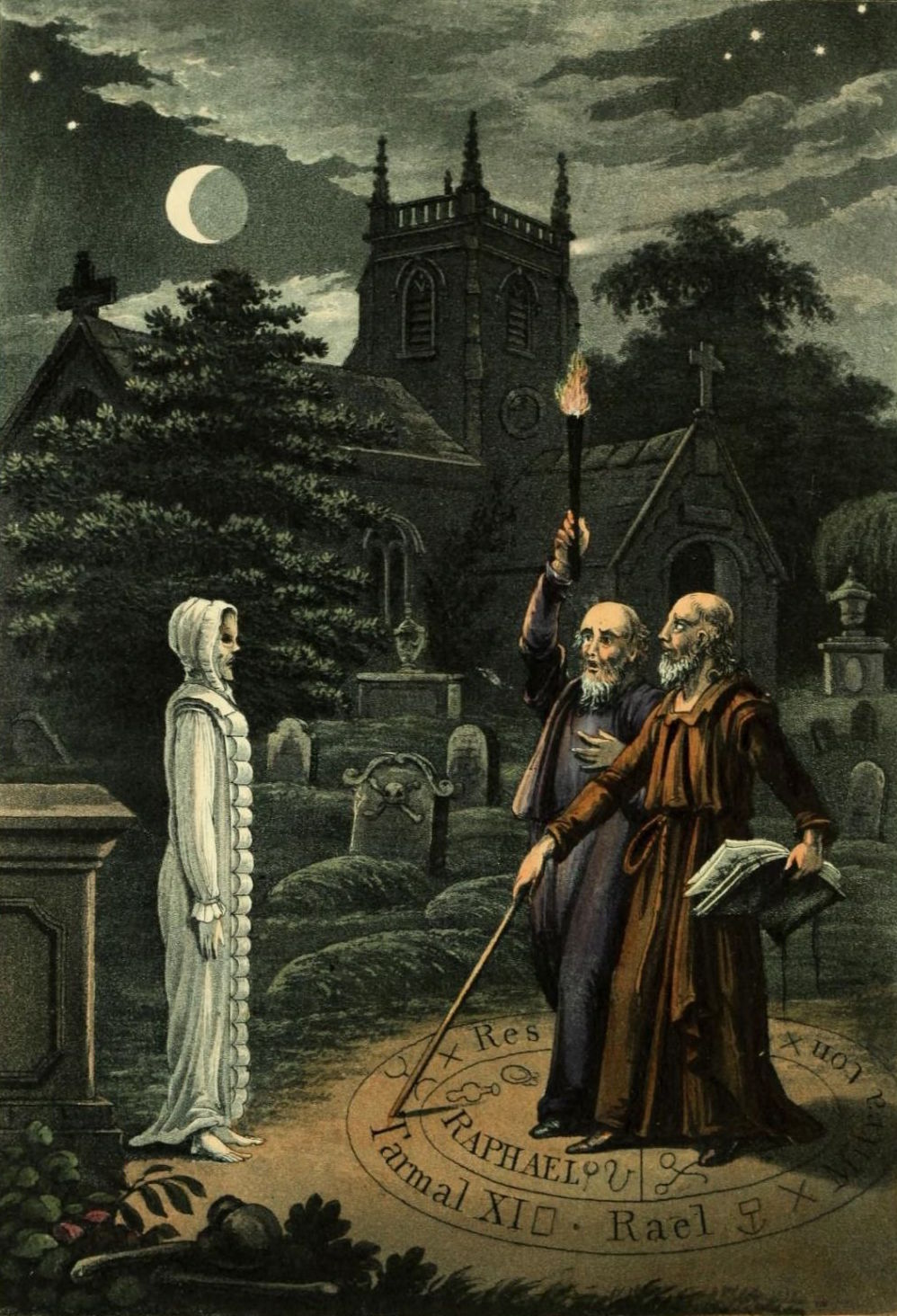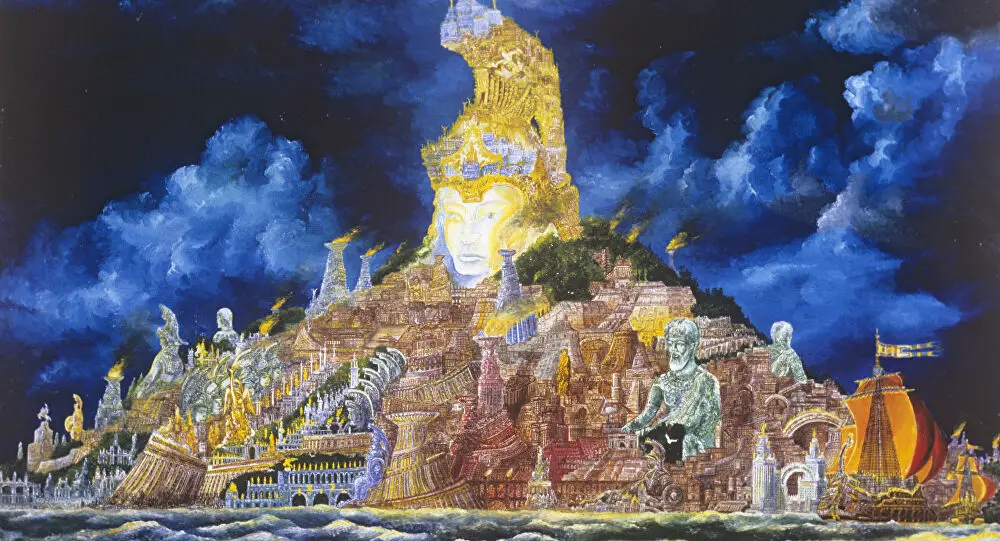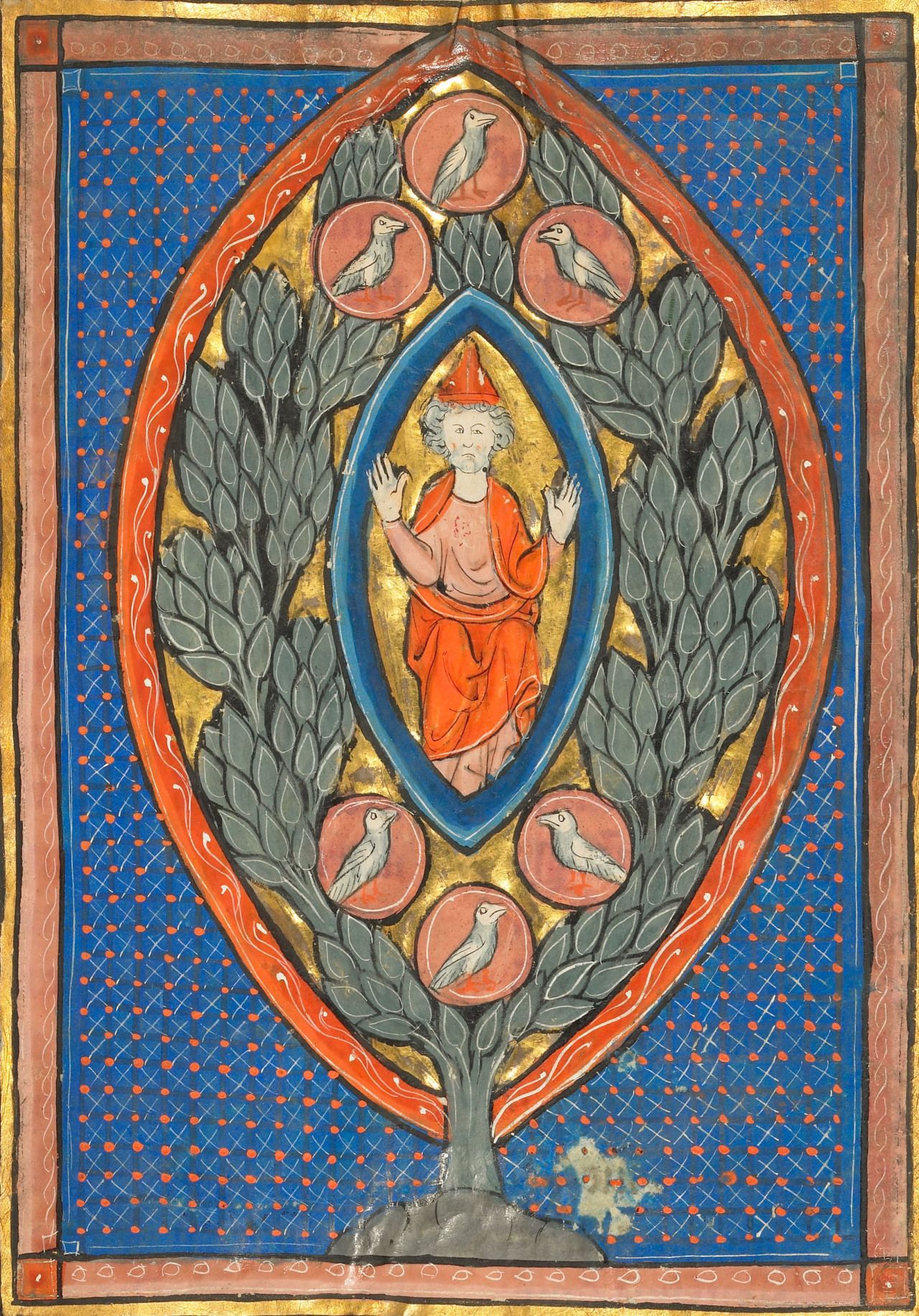Month: October 2020
The evolution of God: the moralization of the Sacred between the philosophy of religions and the psychology of the unconscious
Why does Scripture place evil in God in the Old Testament, and in the New Testament instead outside of God? What does this evolution in the representation of divinity depend on? In this article, some fundamental voices that have studied the process of moralization of the representation of the divine in the Scriptures will be related: those of Rudolf Otto, Sigmund Freud, Carl Gustav Jung and Friedrich Nietzsche.
Empedocles according to Hölderlin: rise, decline and redemption of the Poet
In Friedrich Hölderin's "Death of Empedocles", a tragedy composed at the end of the XNUMXth century, the poet analyzes the drama of human solitude, the silence of Nature and the Gods, the unsolvable tension between aorgic and organic and the constant struggle of the individual so as not to be shipwrecked in the universal indistinct.
The "Atlantic Crossing" and Ernst Jünger's look at Brazil
Jüngerian chronicles of a 1936 cruise to South America: the fatal element of the Amazonian "Wildnis" emerges from the Brazilian shops of the German philosopher, the "memory of forms" on which the entire Creation and unconditional love for life is based. oceanic element, vector of the "original song of life that is lulling itself over the times".
The dark side of India: Prajāpati and the geniture
The ancient treatises on rituals introduce us to the singular divinity of Vedic India: Prajāpati, the "Lord of Creatures". He emits all creatures, only to be able to devour them; his 'character' thus extends to the elites: the brāhmaṇá and the kṣatríya.
"The Dawn of the West" - III National Conference of Western Esotericism

The Sulfur Society - LSDZ, study center on esoteric and initiatory disciplines, is proud to present the third edition of:
"The Dawn of the West: National Conference of Western Esotericism"
to be held in Parma il 24 October
at BDC, former church now deconsecrated, located in the historic center of Parma, whose origins go back to the Middle Ages.
In the Realms of the Unreal with Henry Darger and the Vivian Girls
Today Henry Darger, who died a few months after the discovery of his gargantuan work "In the Realms of the Unreal", is considered one of the greatest exponents of the so-called "art brut", that artistic production made by people often on the margins of society, as inmates and psychiatric patients. Illustrated by more than 300 watercolors, his creation was set in an alternate world where the atheist and slave nation of Glandelia and the Christian and free nation of Angelinia, led to freedom by the Vivian Girls, fought.
Kernunnos: or of the perennial renewal of the cosmos
Primordial epiphany of the giver of life and death, archetypically connected to the dark forces of the natural world, the Celtic Cernunno was not only god of hunting and wild nature, but a real "cosmic god" ruler of the cycle of death-and - rebirth, as evidenced by the symbols attributed to it by traditional iconography: the stage with cervine horns, the torques and the horned snake.
John Dee and the secret language of angels
John Dee's Story: English mathematician, scientist and astrologer who pursued the secret language of angels, the Enochian.

